EVOLVING REGIONS – NRW BECOMES CLIMATE ROBUST
The project LIFE Roll-outClimAdapt (LIRCA) is funded by the EU environmental program LIFE and co-financed by the MUNV NRW.
Taking precautions – we do this for our health and our finances. And for our environment? It has to endure more and more extremes. Hot and dry summers, heavy rain, cyclones, floods. Non-urban spaces in particular face complex and ever-changing challenges. How can regions and communities adapt to climate change? The answer: climate adaptation.
Evolving Regions is a project of the TU Dortmund in cooperation with eight partner regions in North Rhine-Westphalia and the Netherlands as well as five partner institutions. What unites them is the desire to preserve their region as a livable space. All regions are provided with the necessary tools for active climate adaptation. Based on this, tailor-made roadmaps for climate adaptation will be developed for each region together with the regional actors. In it: various measures that are necessary for a sustainable and individually tailored climate protection.





Contact person

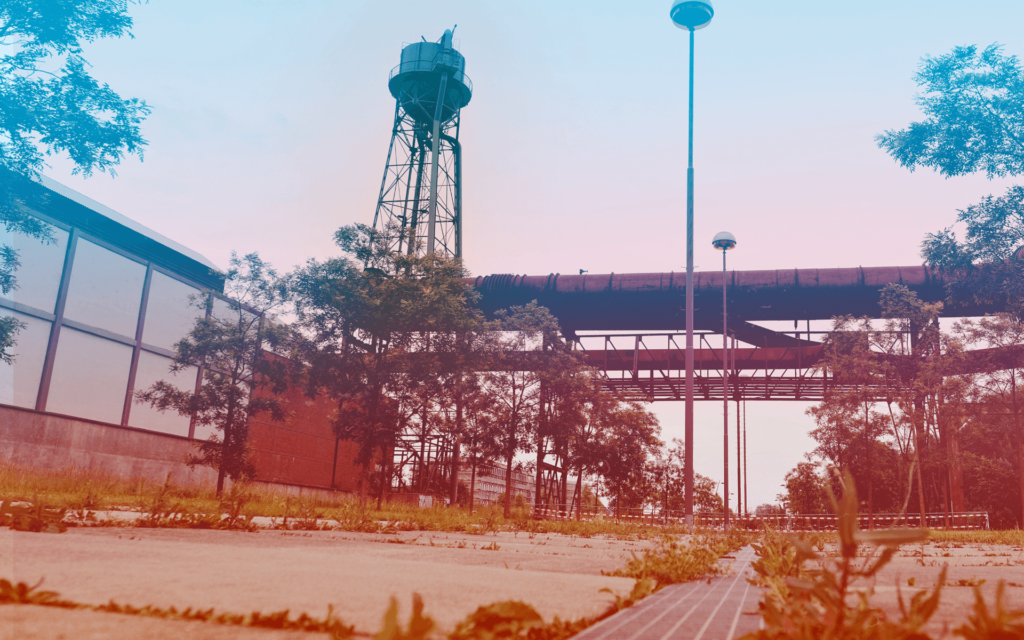
Partners


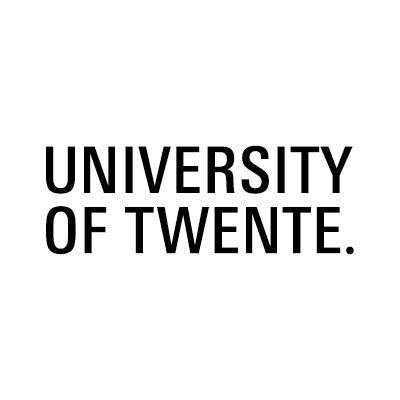

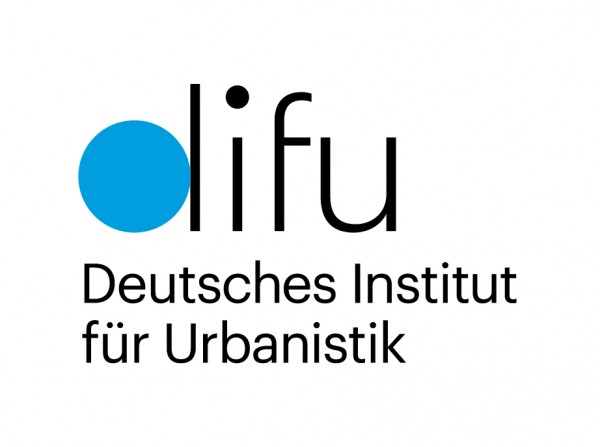




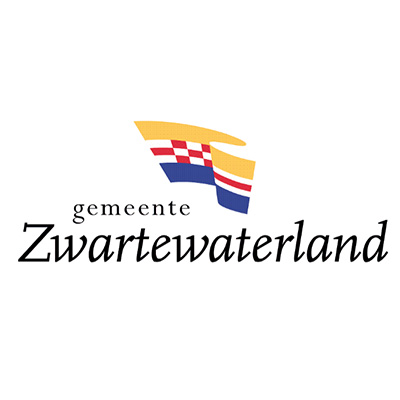



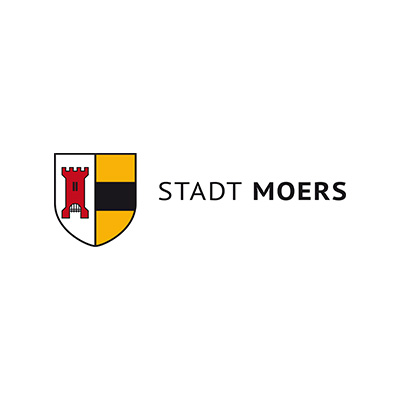

Downloads



 request
request